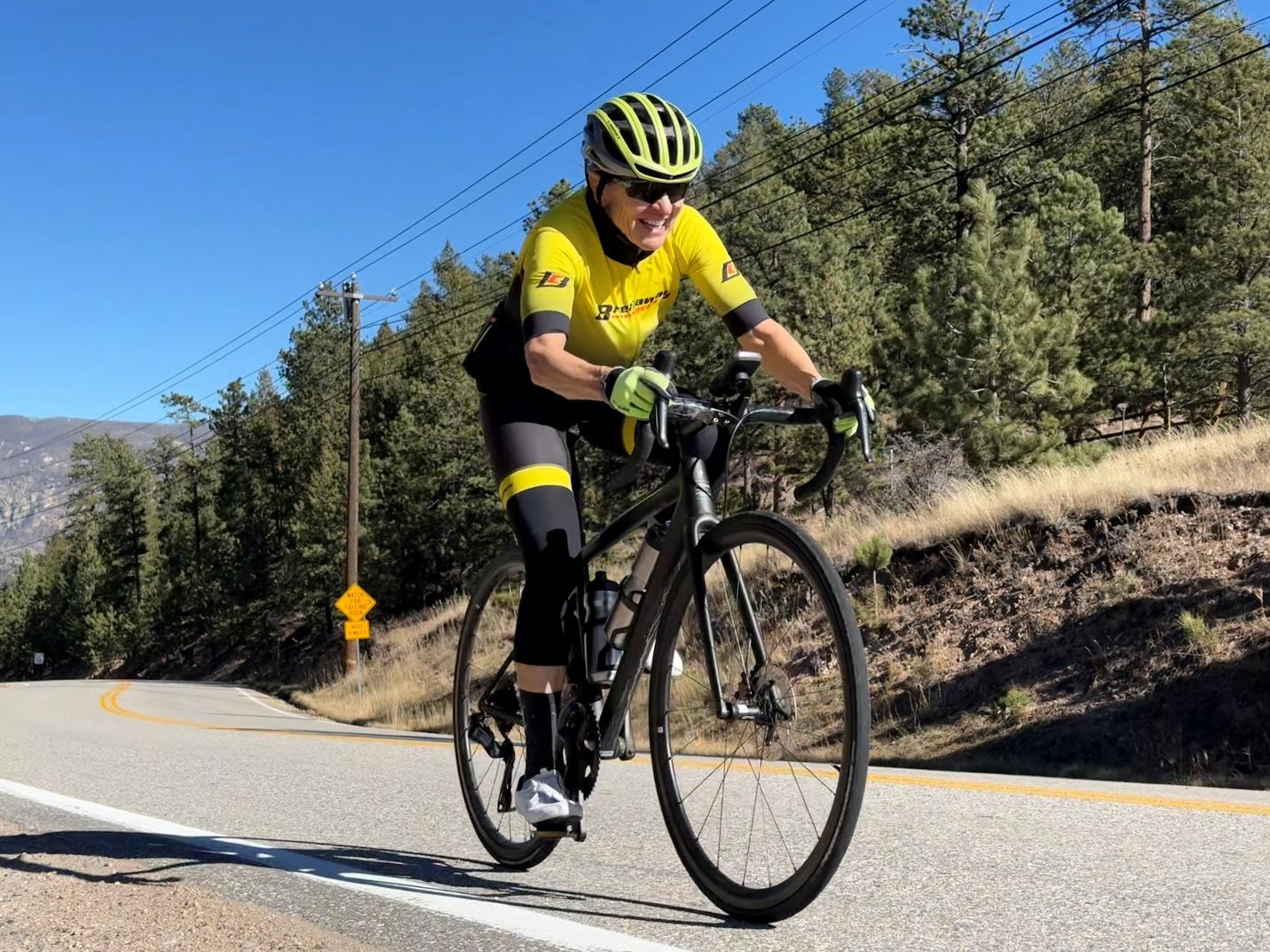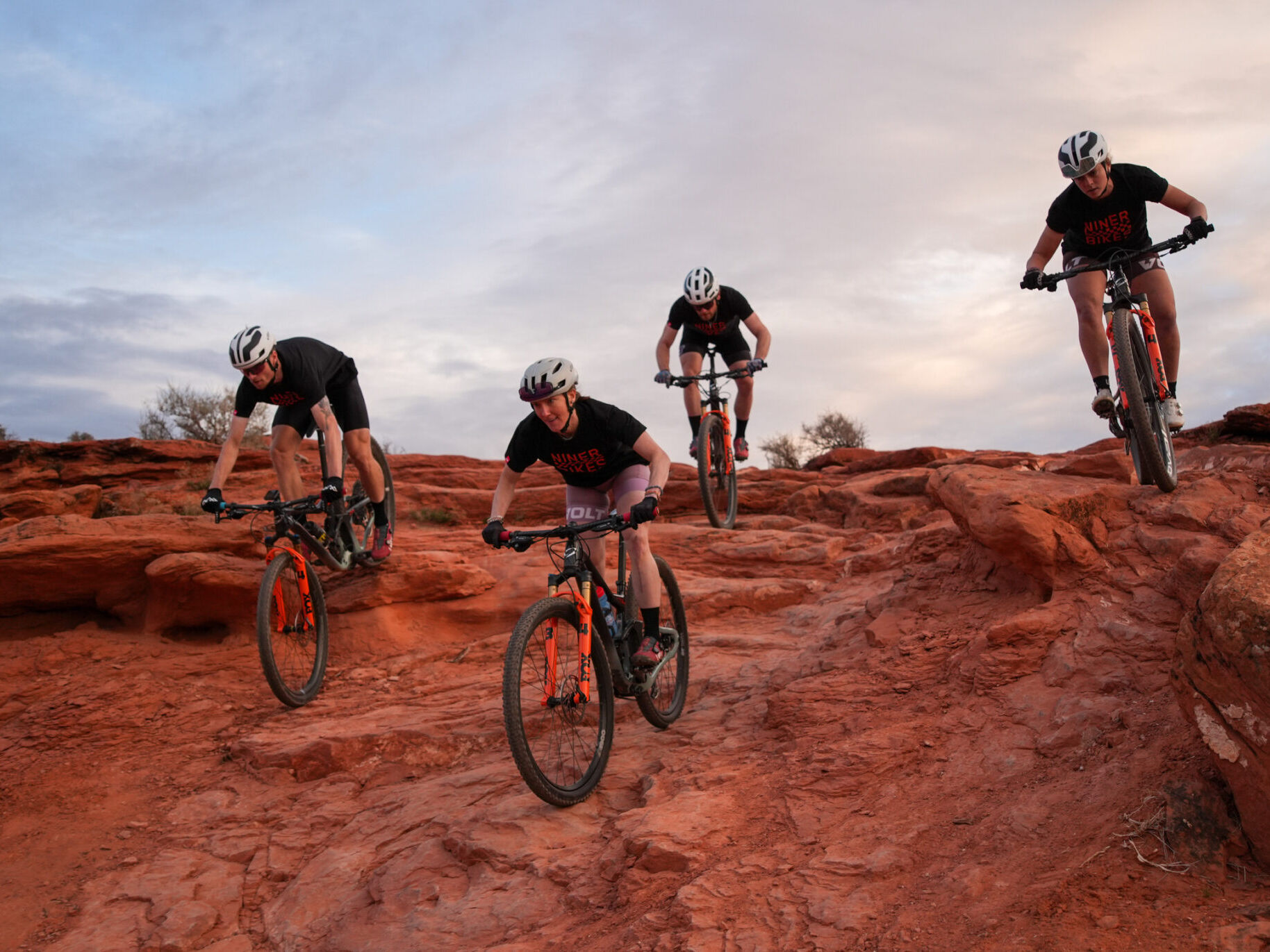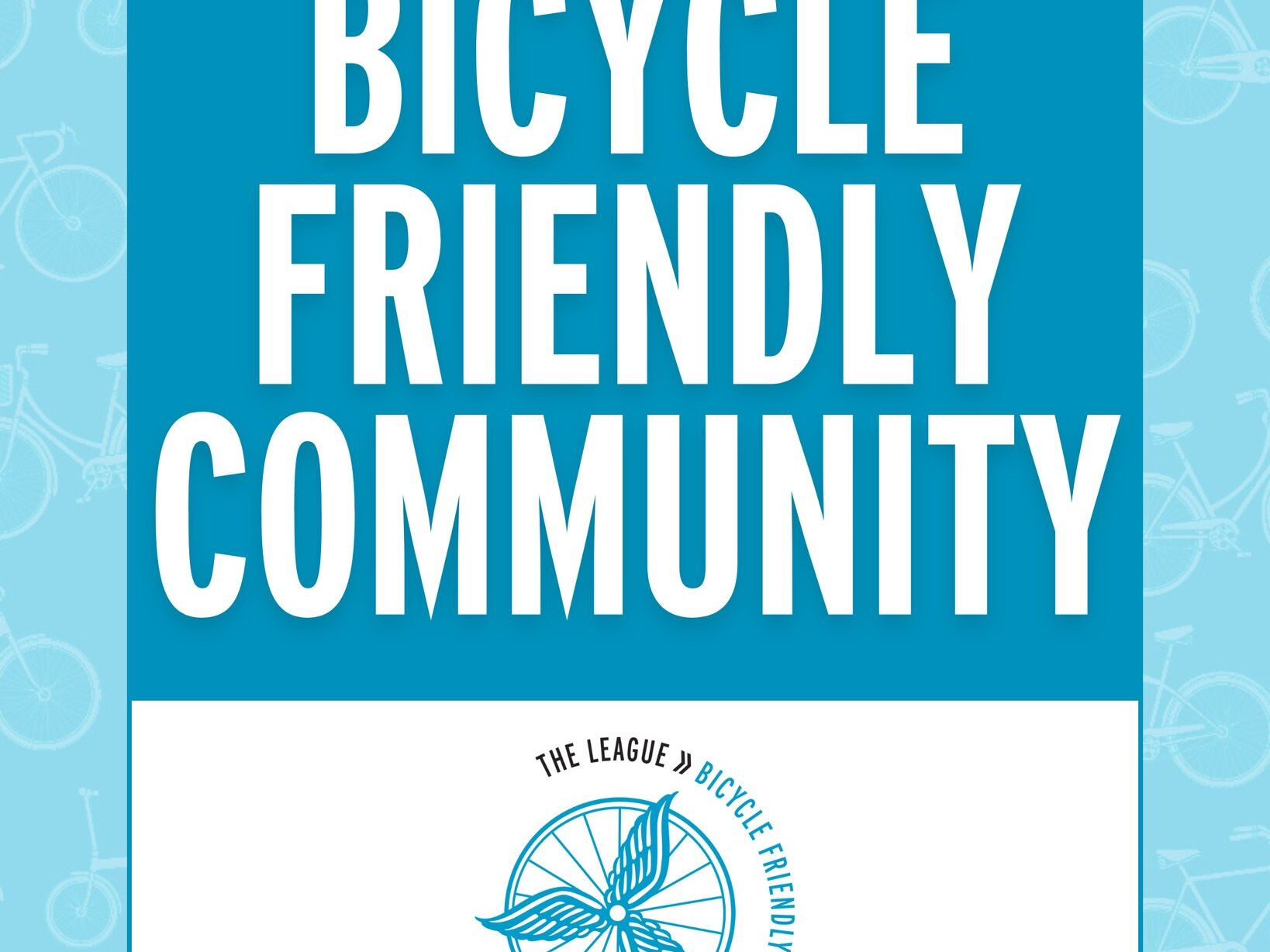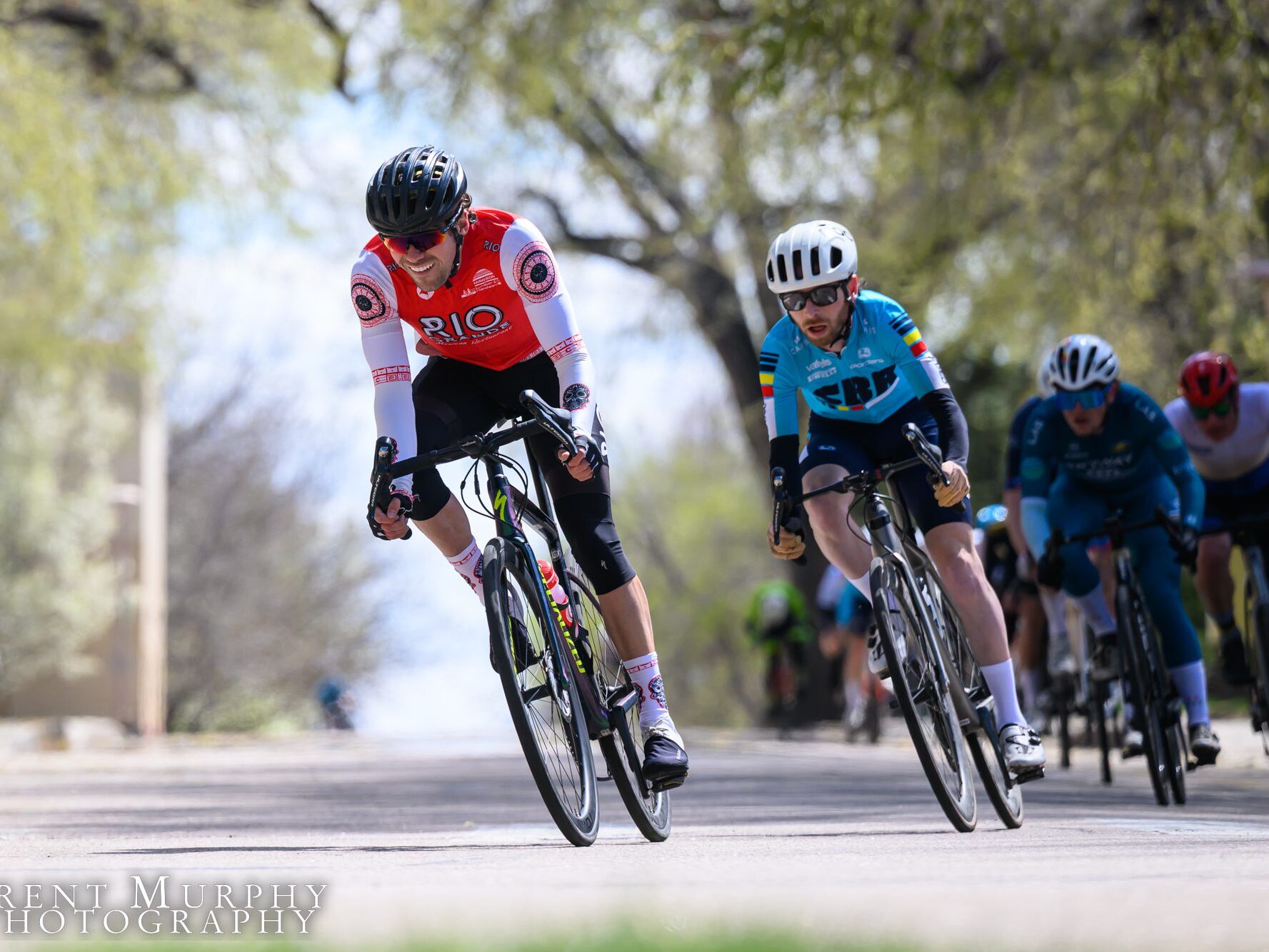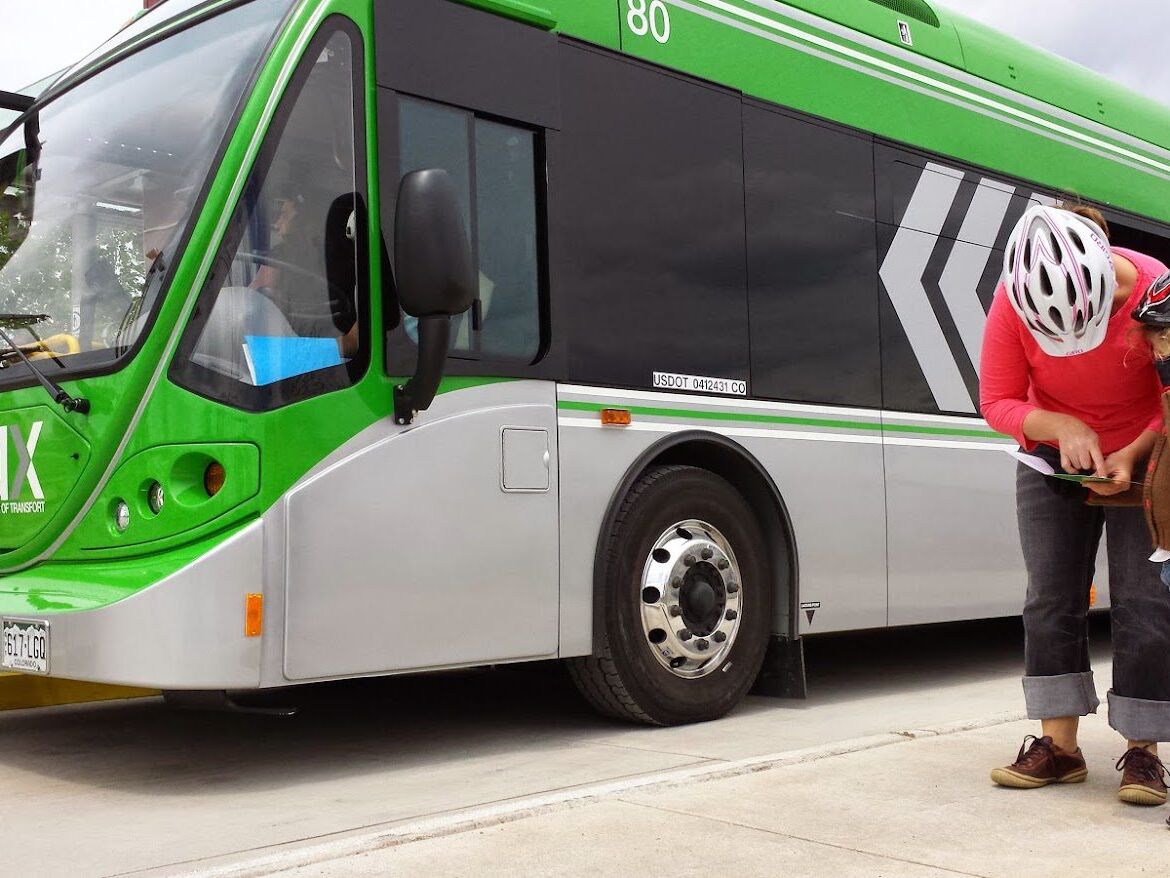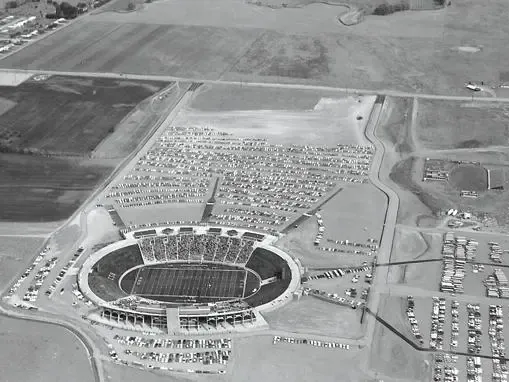Interview conducted by Blair Oliver for YGR
A few weeks ago our friend Blair Oliver caught up with Fort Collins’ own Gavin Mannion and shot him 20 or so questions about; winning the Colorado Classic, winning the Steamboat Stage Race, moving from UHC to Rally Pro Cycling and much more. Read on to see how things went for Gavin in 2018 and how they’re shaping up for 2019.
Good to catch up with you in Steamboat last weekend. We’ve met twice, and I couldn’t help but notice that after each meeting you promptly went out and won, first the Vail TT and Overall GC at this year’s Colorado Classic and now the Steamboat Stage Road Race. I’m starting to take this personally. I might even be starting to accept some credit for your results. Was the example of my breathless but steady zone 1-zone 2 pace when we met atop Vail Pass during your pre-race recon the final piece of the puzzle that led to what you’ve called the highlights of your career to date? If not, to what do you attribute your most recent successes?
Besides being graced with your presence and wise words, I think my result at the Colorado Classic was the product of good preparation and a really good team. I’ve had good results at the USA Pro Challenge (4th overall in 2015) in the past as well as at the Tour of Utah (2nd overall in 2017), so those two races are always a huge deal for me. As you know, I was up in Breckenridge a month before the race doing some recon and working on getting a road bike as aero as possible for the Vail TT. I went all in for the Vail TT. I was expecting a top 5, but to win was a shock for sure. I’m really good at getting top 5 but always seem to miss that top step. The next two days of the race was where my team really won the race. I was struggling the day after the TT, but everyone on the team had an amazing day and we were able to stay together and control the breakaway with all the other GC contenders.
Is there anything different about your training and preparation this year as opposed to previous seasons?
I’m a big believer in the saying “if it ain’t broke don’t fix it.” The past few years have been very consistent for me, always getting a couple of percent better here and there. Rounding out some of my weaker areas and refining my strengths. So no, there haven’t been any changes, just a lot of little tweaks here and there.
No, seriously. The TTH ride is the key, isn’t it? It’s important to respect your elders.
TTH is actually pretty key to my training. It saves me a lot of money on motorpacing, for one. It’s a great ride, and I’m always amazed at how strong all you guys are even though it’s your lunch break on a normal work day or you’re double my age, or sometimes both.
Never mind that your participation in TTH typically occurs in the midst of a four or five hour training ride, right?
Well, I’ve gotta even it out somehow, right? It’s only fair, I think.
I spent some time this summer riding out east with a small group from New England. Your name came up a few times. Good, super-talented dude was the consensus. They spoke as if you were still one of their own. Always would be. How did you end up in the Fort? Word is a girl was involved.
I’ll always be a NE rider no matter where I live. That’s where I grew up, learning to get my elbows out in crits and cross. NE bike racing is a bit more, umm, “intense” than some other areas of the country. I used to come out to Boulder in the summer to train for the second half of the season, and in 2015 I made a good decision to come out a bit early and take my mid-season vacation in Colorado. That was when I met Reese Ruland. She was working at Lee’s at the time and living in Fort Collins. I raced for Drapac the year after that and lived mostly in Girona, and she took a job at Specialized in CA, so we didn’t end up back in Fort Collins until early 2017 but I think we’re both happy to be here. To go back to an earlier question, I think being settled and having more of a stable home base has been a huge part of my success the past two years. Cycling doesn’t provide a ton of job security or even warning about where or what you’re racing in the coming weeks and months, so to have somewhere that feels like home is huge.
So you stayed. How do you like living in Fort Collins? How’s the riding, including the group rides, similar or different than where you grew up and the other places you’ve lived? Is Fort Collins a good base for a professional cyclist?
I just touched on this a little bit, but to go a bit further I think Fort Collins is awesome. The cycling community is great, a bit more down to earth than some other towns in CO known for their professional endurance athletes. As a pro cyclist you look for different things than people would think. It’s not all about the best climbs or the nicest weather. I have a teammate who lives in Houston, which in my opinion has the worst riding in the world. That’s where his family is, and he’s been flying the past two years, so clearly something is working. Fort Collins has good roads, great group rides, awesome MTBing, and no one at the coffee shop asks me about my FTP, so it’s perfect for me.
We enjoy a great, always improving network of bike paths and lanes here in Fort Collins. Any danger of you becoming a full-time pathlete?
I do enjoy a good cruise on the bike path. Reese is pretty big on the bike path racing scene, so I try and lead her out for some victories when I can. I’m not sure I’m cut out for the full-time pathlete life though.
Have you had the time, energy, or inclination to get involved in any bike advocacy efforts here or elsewhere?
To be honest, I haven’t. I always have grand plans of trying to do some of these things during the offseason, and then I just sleep for a month.
Ok, take us inside the Colorado Classic if you can. How did you prepare for the time trial in particular and the race in general? Did you specifically target the time trial? Given your build, many might assume you’re a pure climber. But do you think of yourself in that way?
I touched on this a bit earlier, but I did a lot of prep for CO as well as for the Tour of Utah. It was a tough balance because I wanted to spend some solid time above 9k feet as I knew the Vail TT was going to be the day for CO, but Utah is fairly punchy climbing, from 5-6k feet mostly. I actually think I did this well, but then California burned down and asthma struck. To be honest I’m more consistent and natural in the time trial than on climbs. I have to work hard to be a climber. But with that said, a TT that is mostly uphill is perfect for me. For the Colorado Classic I went in 100% focused on the TT and figured the rest would sort itself out, which it did!
When did you realize you had the legs to put in a winning time? Early in the race? When the grade grew serious? Or did you have little idea until after you crossed the line? The cameras picked you up late. You’d gone so fast that Paul and Bob didn’t immediately recognize that you were passing the riders who’d started before you.
I didn’t believe I’d won until the last rider crossed the line. I knew I had the legs for a good ride but didn’t think I’d win. I was happy with how I felt and rode and knew I left it all out there. So when I came through with the fastest time so far I was stoked! When I found out I’d won for sure and that my teammate was second, it was crazy. Our team soigneur couldn’t stop hugging me, photographers were taking pictures—it was pretty surreal.
Amateurs, particularly Masters, spend our time between stages in a race like Steamboat drowning ourselves in ice, chugging kale smoothies, sprawling across the couch like invalids in space boots, and trying to get our partners to spend another twisting, sleepless, and potentially fatal night with us in the altitude tent. We know our results in the Cat 3 or 4 race depend not on talent or fitness but on our aero socks and beet juice. Marginal gains! So, I’m curious. What does a pro do in his or her downtime during a race like Steamboat? Go mountain biking? Drink margaritas? Is the time spent much differently than during a race like the Colorado Classic or Tour of Utah?
I drink my fair share of kale smoothies and beet juice but not at Steamboat…. I like to do as many local races and group rides as possible because they’re a low-key and fun way to get some intensity. Most of the racing I do throughout the year I’m riding for GC, which has a lot of pressure and added stress beyond the race. There are a whole team of riders and staff working their asses off, so I kind of need to do my job as well! So at Steamboat I definitely had a burger and beer or two, but once the racing starts I go just as deep as any other race or training ride.
You’ve been spotted in the wild on a mountain bike. What gives? What’s your background and experience on dirt? Do you ride a mountain bike for training or more for fun, even a break from training?
I’ve got zero experience on trails like we have here in Fort Collins or on a MTB at all. I did race a lot of cross from the age of 12-18 at a pretty high level in New England, mostly with a few trips across the pond for Geoff Proctors Cross Camp and Junior World Championships. It’s a bit of both in regards to training. Some days it’s just for fun, and sometimes it’s a way to force myself to go hard. The road riding around here is super steady, either flat or steady climbs, so the MTB options are a really good balance to that since it’s the polar opposite.
As word spread late summer that UnitedHealthcare would no longer remain the title sponsor of your team, a lot of people had to start looking for new jobs. How did this affect you and the team, even as you still had work to do in Utah and Colorado? Did the uncertainty of if and when next contracts would come change or compromise any individual and team goals or somehow bring everyone closer together? The team was dominate in both races. From the outside, stage three of the Colorado Classic sure suggested a highly-focused, tightly-knit group.
All the riders were told in January that UnitedHealthcare would not be continuing with us next year. The management of the team did its best to acquire a new title sponsor to keep the program afloat, but as the summer moved on it became increasingly more likely that it wouldn’t happen. As riders we can really only have individual success if the whole team works well together, and luckily everyone on this team knows that. I’ve been in a similar situation before, and it didn’t work out quite as well. So yeah, to answer the question I think we really came together well for Utah and Colorado. It was the best team I’ve ever been a part of. Everyone was motivated to do their job, whatever that may be, including sacrificing themselves for someone else’s result.
EF put a few guys in the break early in stage three, hitting it hard over Lookout and beyond. What was that chase like? How concerned were you that the team might not be able to pull back the break? You’d been close to winning the Overall before. Did you ever fear this year’s race was starting to get away from you?
To be honest, everything happened on Lookout that I didn’t want to happen…. I knew going into it that I couldn’t do the surges that those guys would hit me with at the base of the climb and wanted to ride a hard tempo all the way up instead, but that wasn’t the team plan. So, I cracked pretty badly early on, and all the best climbers in the race rode away. I was very concerned at that point. My teammates were absolutely incredible that day. They controlled the seven or eight strongest climbers and kept them within shouting distance until the final 20km when other teams sensed we could bring them back.
Tvetcov’s bridge to Skujins in the final kilometers proved to be a brilliant tactic. When was that plan hatched? Did the rest of the team learn about it at the same time we in the audience did?
Yeah…. You guys probably saw that one coming before I did.
The sprint you put in at the end of stage four was almost as good as the smile, not so much for yourself and securing first in the G.C., but for your teammate’s win. Or was that just a trick of the light?
That was an amazing day. Icing on the cake really. We knew on paper that if we could control the race on day three then the final Denver circuit shouldn’t be too bad, but it’s always stressful when you know only a few seconds separate the top 5. We had pretty much the whole team riding, even Travis, so for him to be able to do that and win the stage with no help from any of us was awesome. He’s the Sagan of North America. Nothing he does surprises me anymore.
You signed with Rally following your win in Colorado. How did that unfold?
Well, I actually signed just before Colorado. I think that contract was a result of my consistency over the past two years instead of the Colorado result. It’s great to be a part of that program now though.
Any thoughts on the sustainability of professional cycling for individuals and teams under the current system?
Something needs to change. I don’t have any real answers as to what or how, but teams need to have more assurance they will be in certain races, and those races need to have better TV coverage and media exposure. California was the big show for US Continental teams, and that going World Tour has kept the small teams out and made the sport a lot less desirable for sponsors.
What role do you envision having with the new team? What are your goals for 2019 and beyond?
I want to continue to develop and grow as a rider, so first and foremost I want to find my place within the team. I think the next couple years will be a good transition and balance for me. I know I can compete at the front of the peloton in any race on US soil; Europe is where I want to prove myself. It’s a steep learning curve across the pond. I look forward to getting my head kicked in a few times, but hopefully there will be a few glimmers of hope at some hard races in Europe in the next year.
In the meantime, are you heading to China next month, or exploring more of the local gravel?
Thankfully I’ll mostly be at home. Trying to get in the last few hard training weeks while the weather is perfect. You’ll see me on a few more TTH rides and maybe on the MTB a bit. October is when I prefer to take an “offseason.” That way the winter of training isn’t quite as long.
Finally, you don’t have to move to Minnesota now, do you?
God no. We did a few days there for camp last winter and I don’t think I’m cut out for those conditions. Maybe I need more cheese curds….
Blair Oliver grew up on the Jersey Shore and now lives in Fort Collins, Colorado. He teaches literature and creative writing at Front Range Community College, where he’s also the founding editor of “Front Range Review,” a literary journal. His work has appeared in numerous magazines, including “5280,” “Yellowstone Journal,” “The American Fly Fisher,” “Yale Anglers’ Journal,” “Matter,” “Cimarron Review,” “Cutbank,” “Talking River Review,” “Iron Horse Literary Review,” “Red Rock Review,” and “Dickinson Review.” “Last Call,” the title story of his collection, was originally published as “Stations” in “Pulse of the River: Colorado Writers Speak for the Endangered Cache la Poudre.”
Blair races 40+ cat 3 on the road and will be joining the First City Cycling Team for 2019.
